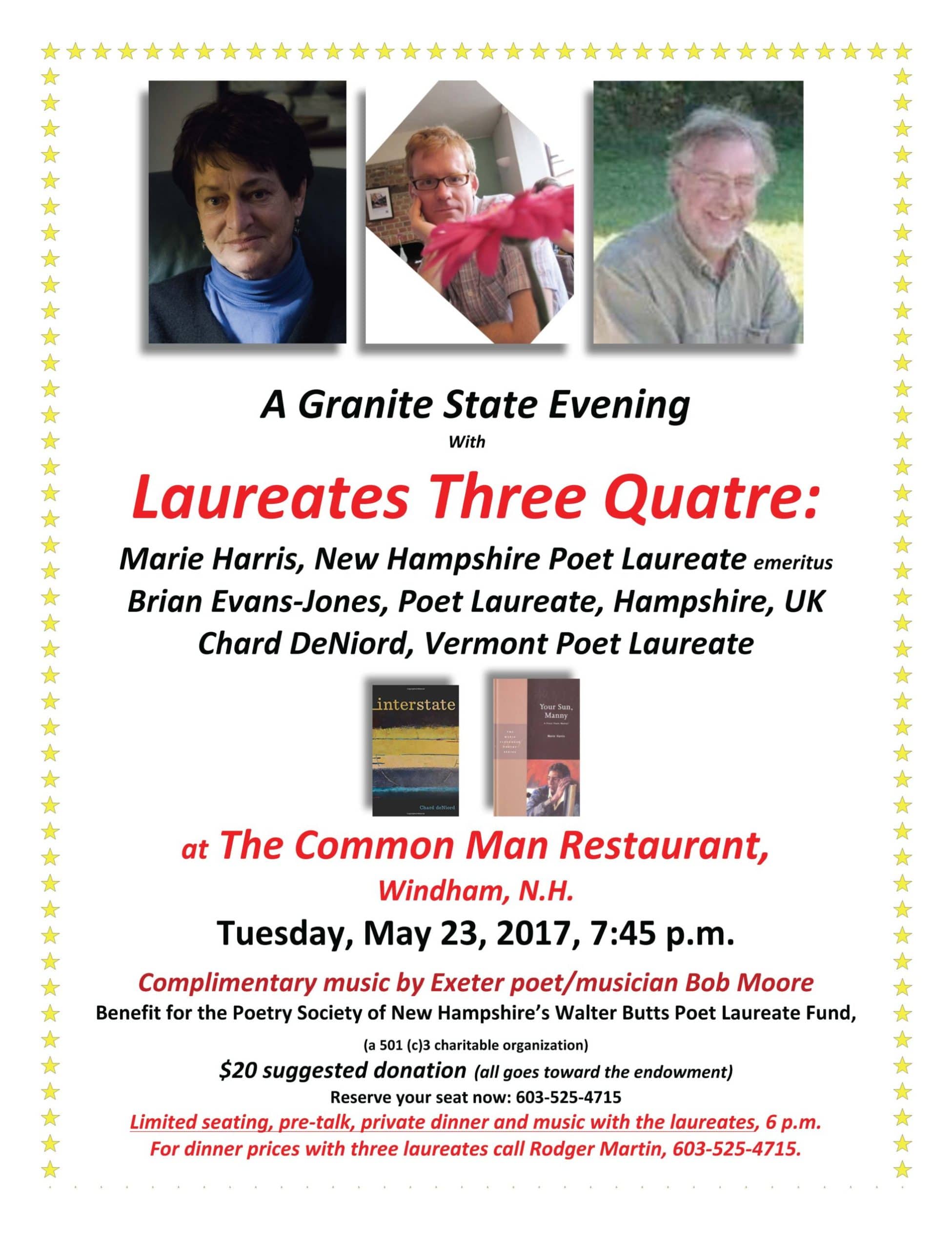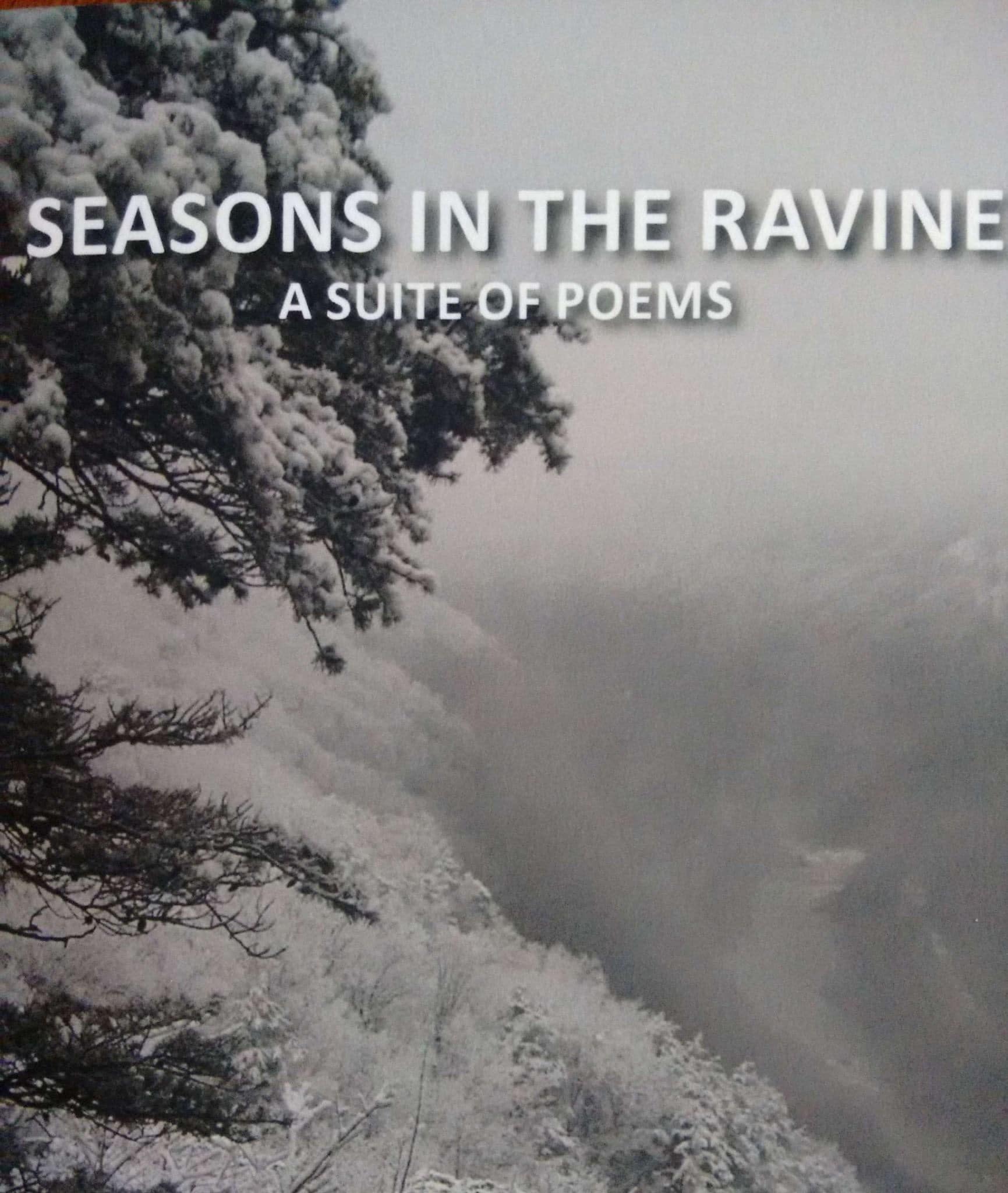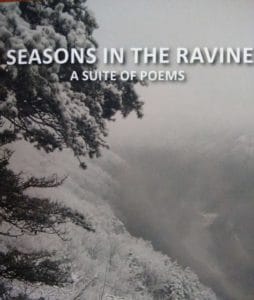
The roots of Igneus Press are struck through the Granite State of New Hampshire, having operated out of Bedford, New Hampshire for over two decades since its first publication, The Required Dance, by W. E. Butts in 1990. Igneus Press publisher, Peter Kidd and W.E. Butts were very close. We are honored to present information about the Benefit for the Poetry Society of New Hampshire’s Walter Butt’s Laureate Fund. S. Stephanie will be reading a poem by W.E. Butt’s, in honor of the man and his contribution to American poetry. Collectors editions of The Required Dance and A Season of Crows by W.E. Butts can be found on Igneuspress.com.
We hope that this benefit raises awareness of both W.E. Butt’s role in New Hampshire, New England and American poetry. We also hope readers continue to support small independent presses working quietly and selflessly between the seams and cracks of American belles-lettres, bringing the work of poets such as W.E. Butt’s into the palm of our hands.



